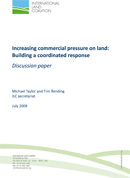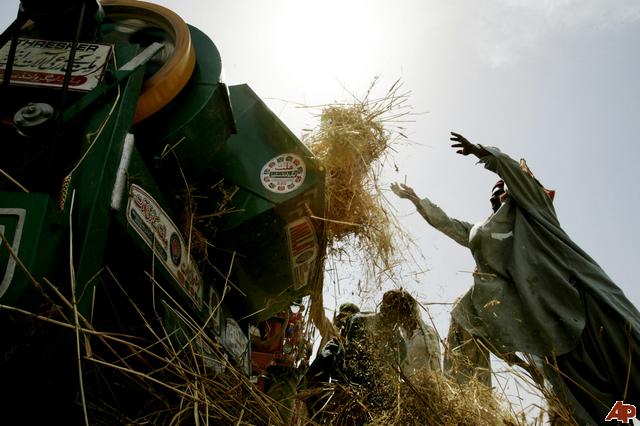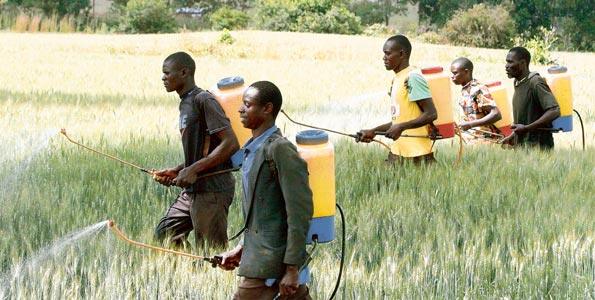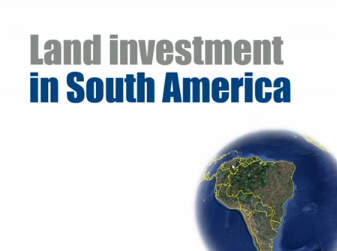David Stevenson: Farmland looks dirt cheap
- Financial Times
- 24 July 2009
While everyone from the Rothschild’s – via the Agrifirma Brazil fund, run with Jim Slater – through to Nicola Horlick and UBS are snapping up farmland in Brazil, I’m fascinated by another niche: Canada and New Zealand.
















